The key to a smooth recovery after laser eye surgery is to avoid activities that can introduce irritants, strain, or pressure to your eyes while they heal. […]
What to Avoid After Laser Eye Surgery
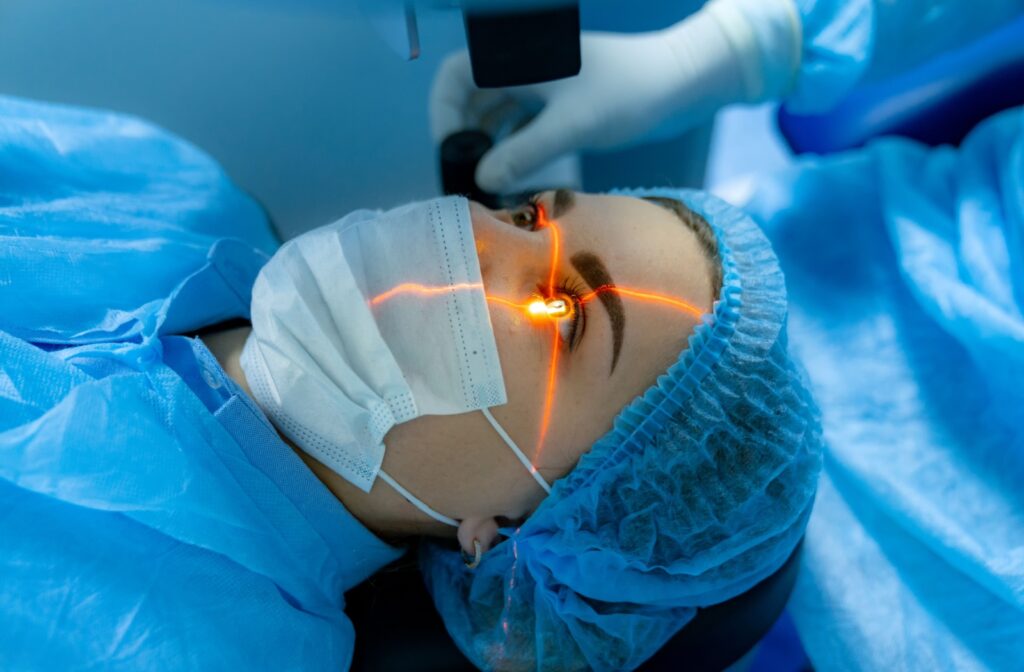

The key to a smooth recovery after laser eye surgery is to avoid activities that can introduce irritants, strain, or pressure to your eyes while they heal. […]
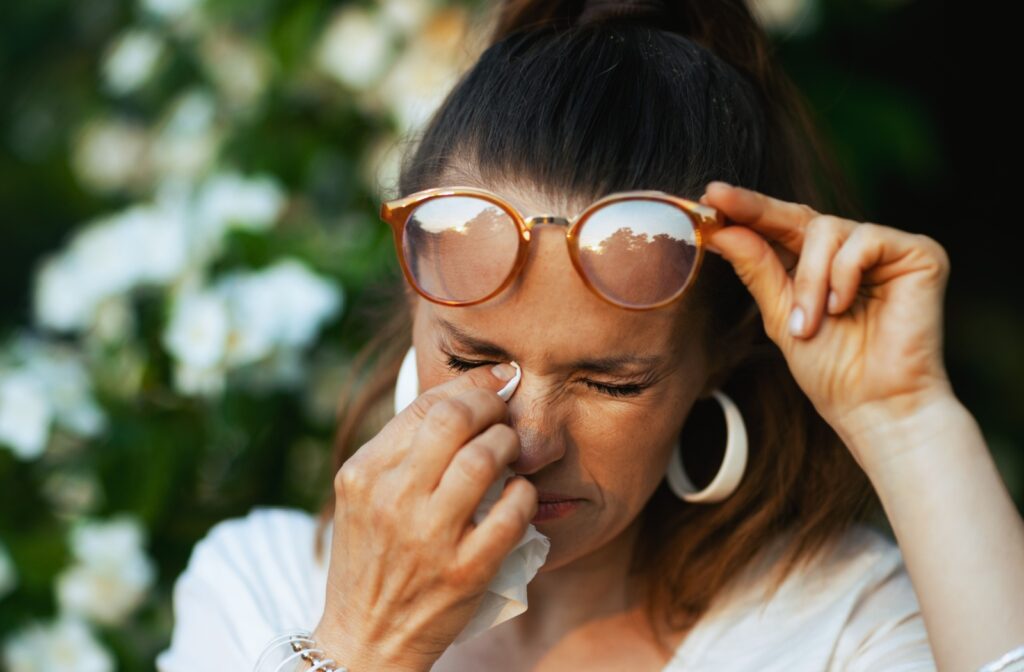
You can soothe itchy eyes by combining simple at-home care with targeted over-the-counter options and a proactive prevention plan. […]
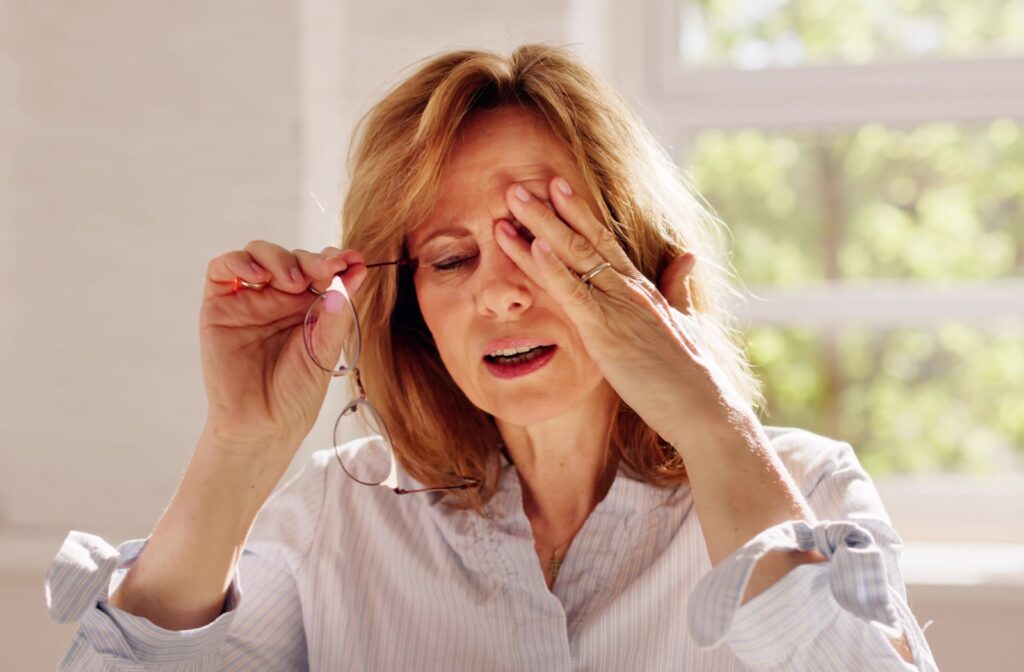
Adding magnesium to your diet may help alleviate eye twitching by supporting healthy muscle and nerve function. […]
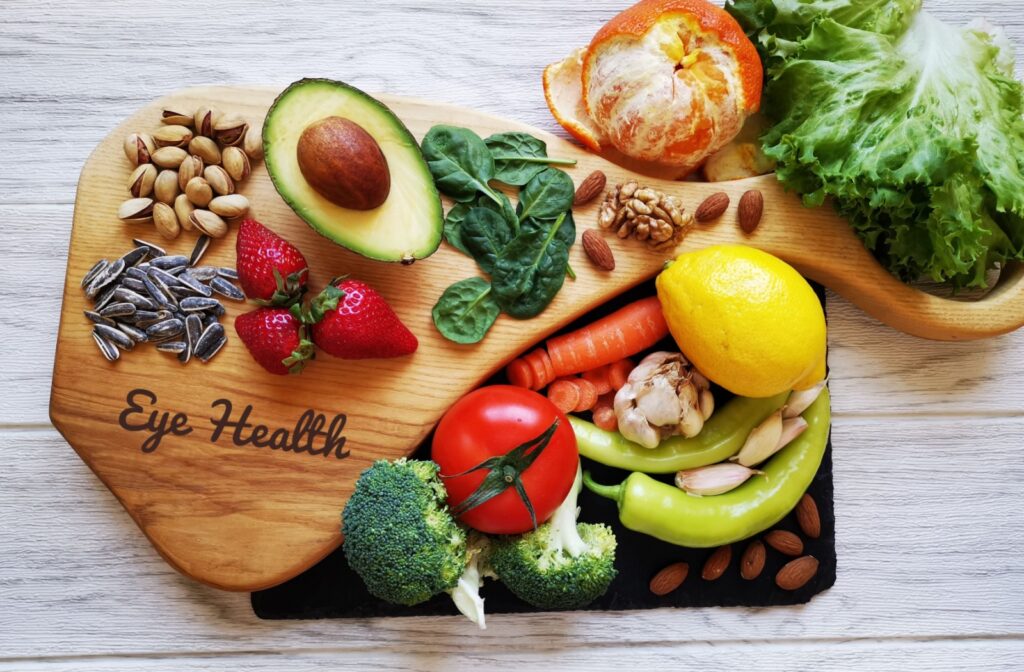
The best foods for vision loss include ones that are nutrient-rich and high in antioxidants, and some of the worst include high-sodium processed foods. […]
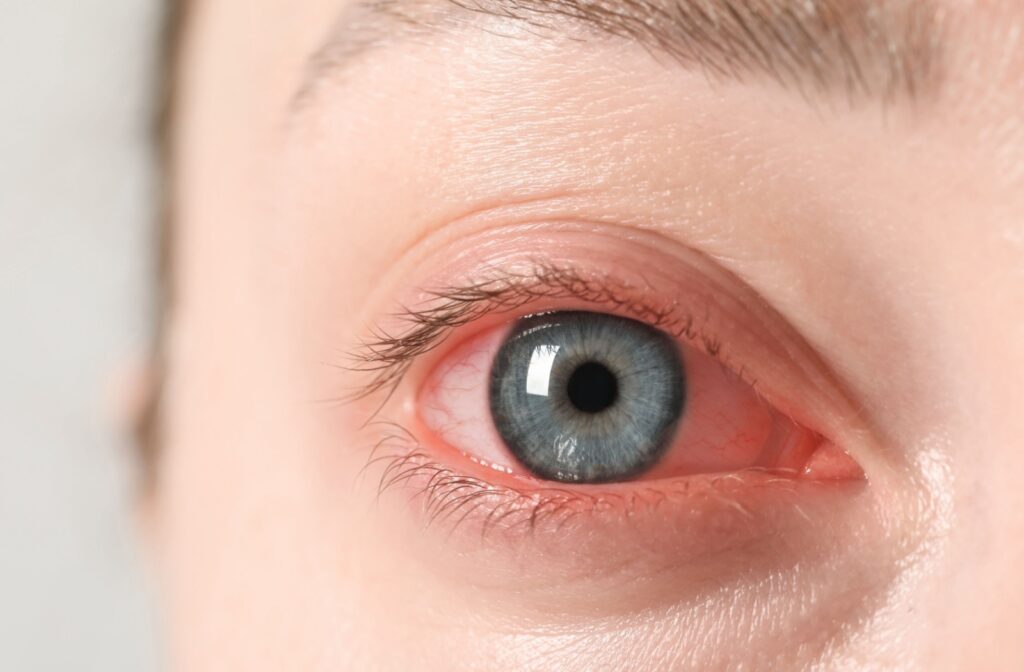
High blood pressure affects the tiny blood vessels near the back of your eyes. This can cause a swollen, bloodshot appearance. In some cases, high blood pressure may even permanently damage the small vessels in your eyes. […]

Sleep, also called “eye discharge” or “rheum”, forms when oils, mucus, skin cells, and other debris accumulate in the corner of your eyes while you sleep. […]
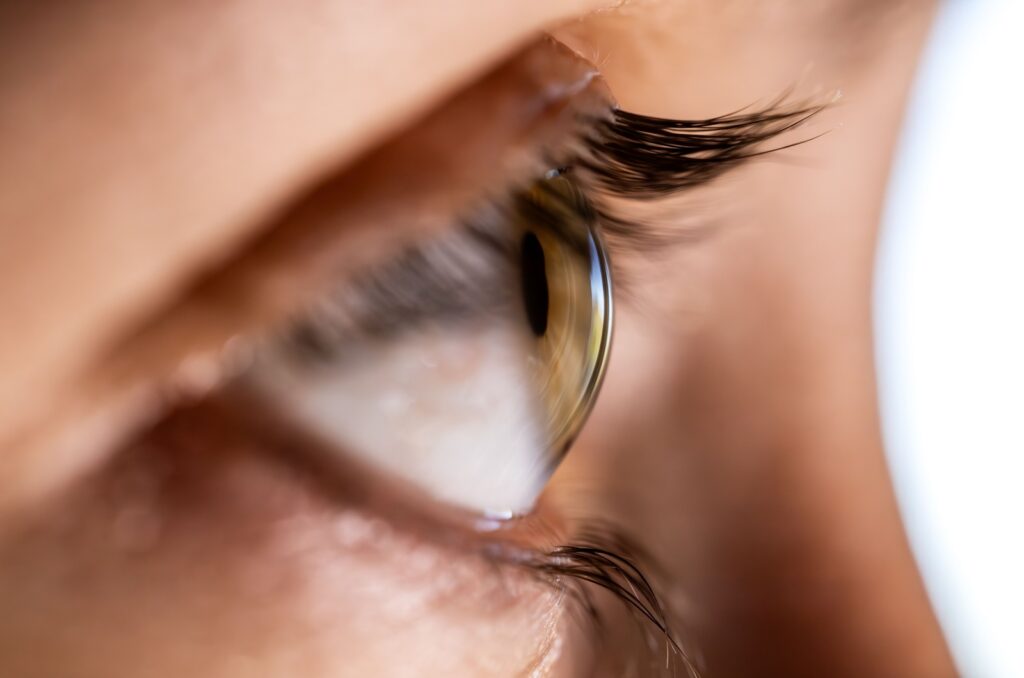
Symptoms of corneal edema include:
Blurry vision
Halos around lights
Sensitivity to light
Eye pain
Foreign body sensation in the eye […]
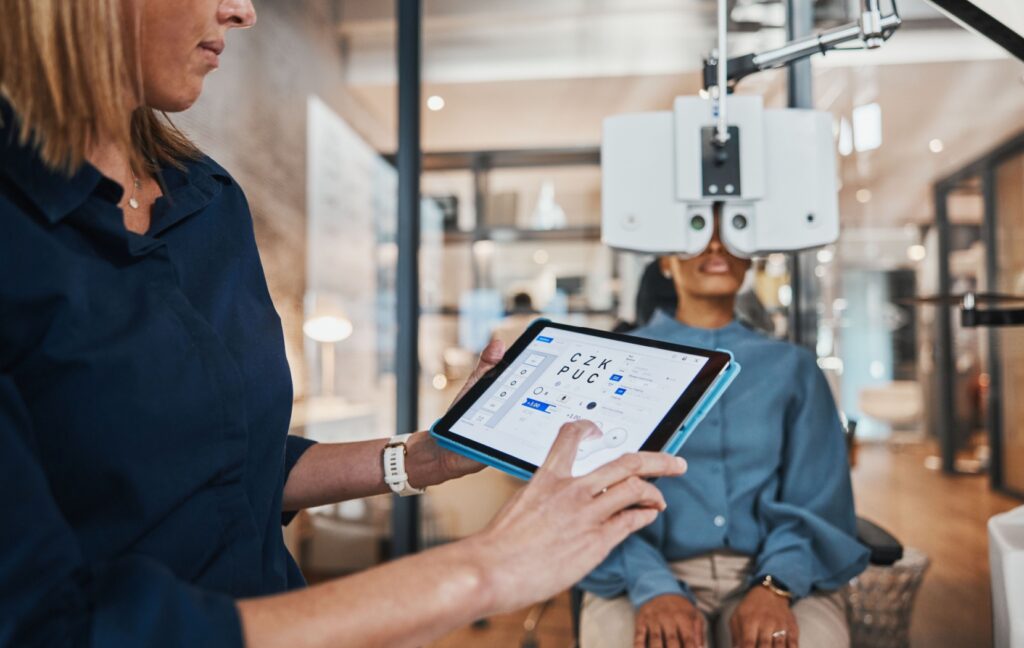
Refractive errors
Dry eye
Keratoconus
Age-related macular degeneration
Glaucoma
Diabetic retinopathy
Amblyopia […]
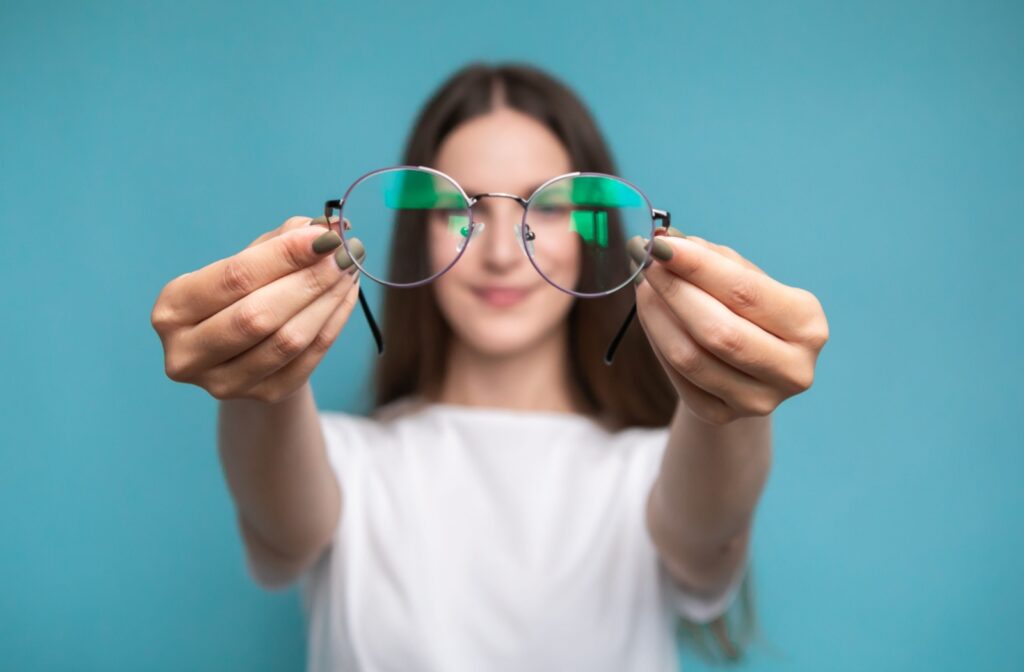
Visual acuity represents how clearly you can see at a particular distance.
A visual acuity of 20/20 is standard for good vision. A ratio that deviates from this standard, like 20/40 or 20/60 suggests that corrective lenses should be worn full-time. […]

Driving isn’t recommended immediately after cataract surgery. As a general rule of thumb, avoid driving for a good 24 hours after surgery, or until your ophthalmologist gives you the green light to get behind the wheel. […]